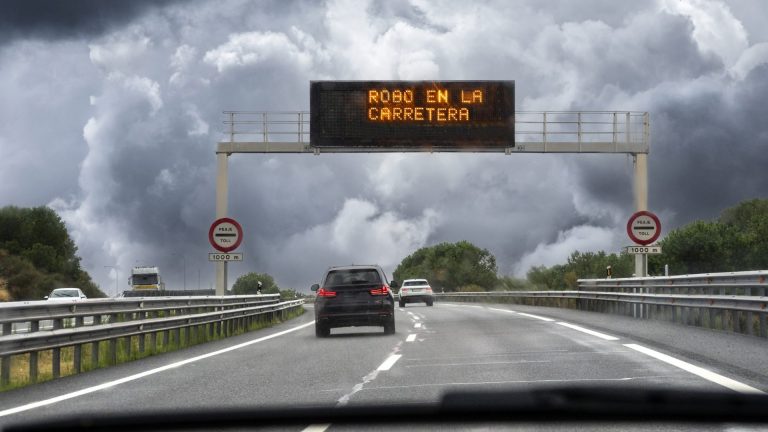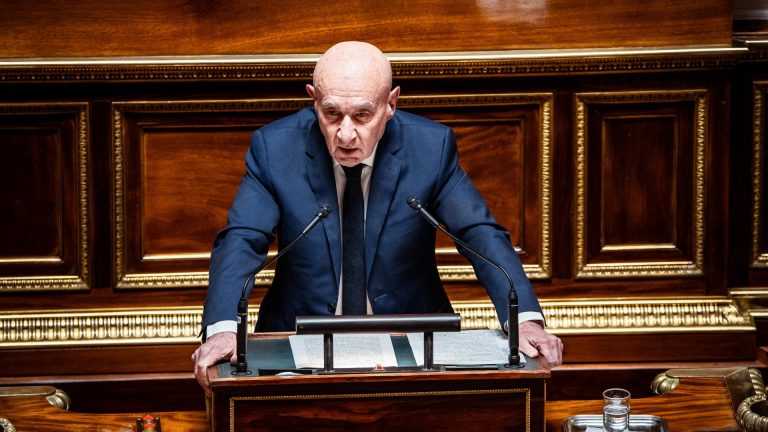
ADAM BEHR on the chilling effect the government’s Brexit and immigration policies are now having on the UK’s music scene.
While “Get Brexit Done” was the overriding message of the Conservative’s 2019 election campaign, their manifesto made no small matter of Britain’s creative industries.
These, it said, “lead the world – and will continue to do so after Brexit”. Culture and creativity, business potential, growth and export would all benefit. The manifesto went on: “We will maintain our support for the arts and culture, taking pride in the world beating strengths of the UK’s creative industries and its unparalleled cultural heritage… Our society has been enriched by immigration and we will always recognise the contribution of those who have helped build our public services, businesses, culture and communities.”
Recent events, for the music industries at least, suggest rather less of a sunny outlook. Musicians and touring crew can currently travel between the UK and the EU without the need for work permits or visas but the Home Office’s policy paper last week stated that from January 2021 – after the transition period – artists from the EU will need a Tier 5 visa to perform in the UK. This puts a large bump in the road for the prospects of the British live music sector.
Suggestions that the UK’s appeal to world-class artists won’t change have done little to assuage concerns. The Home Office has alluded to paragraph 25 of its paper, which states that current rules “permit artists, entertainers and musicians to perform at events and take part in competitions and auditions for up to six months.” Paragraph 21, though, notes that “our broad approach for January 2021 will be to open existing routes that already apply to non-EU citizens, to EU citizens (the current ‘Tier 5’)”. In other words, a visa will be required.
Furthermore, the Incorporated Society of Musicians has pointed out that short term visits for non-EU citizens still require a Permitted Paid Engagement Visa, and a formal letter of invitation from a UK organisation.
The ambiguity is, to put it mildly, unhelpful. At the very least the new system will add administrative hurdles for promoters, venues and musicians alike.
If the Permitted Paid Engagement process is to become the norm for EU artists, the impact in terms of aggregate extra work, and expense, on small operators could be significant. There’s already evidence that visa requirements are dissuading non-EU musicians from playing festivals like Womad.
The ‘hostile environment’ is already percolating through to music booking, with the visa application process that will pertain to EU artists from 2021 causing cancellations in 2018 of acts from Mozambique, who were denied entry, and delaying an Indian duo who couldn’t get through border control until 24 hours after their scheduled stage time. Chris Smith, director of Womad, spoke of growing reticence from artists “saying we’re just not going to tackle the immigration system, saying it’s too difficult and too expensive, and it’s humiliating”.
When this applies to Europe, planning and lead-in times will extend correspondingly, curbing opportunities for the kind of quick trips that are vital for many nascent and mid-tier acts.
A major worry is that such restrictions would be reciprocated by the EU to apply to musicians from the UK, and it’s currently hard to envisage how that wouldn’t be the case.
Music industry bodies across the board have expressed apprehension at the current direction of travel, and the likelihood of severe constraints on the possibilities for touring. As Mark Davyd of the Music Venue Trust has noted, the effects will be disproportionately felt at the grassroots, “where tight margins and schedules simply do not have the capacity to absorb additional costs or waiting times, and where skills to manage such a process simply do not currently exist”.
Much attention is on mitigating the situation. Davyd calls for support for grassroots musicians and crew in the form of a free to access “comprehensive immigration support service [to] professionally manage such a process”.
The Musicians’ Union is campaigning for a touring passport to allow for free movement via a multi-entry, low cost (or free) and low admin visa. Tom Kiehl of UK Music has highlighted the large proportion of workers in and around music who are freelancers, and the widespread disappointment that the Home Office will “not be creating a dedicated route for self-employed people”.
Research (which in the interests of disclosure, I have taken part in conducting) adds weight to these concerns, and marks out a rocky path on the present trajectory. Respondents in the UK Live Music Census report cited the “risk and stress” attached to Brexit for promoters. Musicians’ longer-term career prospects, likewise, could suffer through lack of free movement and the burden of carnets and visas.
The head of music at Creative Scotland outlined to researchers on music tourism and the creative economy not only the decreased viability of touring Europe, but knock-on effects for how bands learn how to tour efficiently, and a negative impact on visits by tourists that European showcases by UK acts seek to drive. Even a record shop owner noted that prices had gone up since the referendum result. It’s not just musicians, touring crew and venues that are in play here, but the wider service economy that they feed into.
Work on the live music sector in the Midlands describes the importance of production companies handling sound, lighting and tour management as employers in the region, and the related status of the UK as a staging post for touring the EU. Questions remain about what would happen to the jobs and opportunities they provide if the UK loses out to cities with better access to EU markets.
Neither is this just a matter of short to medium-term economic considerations. Fears of what industry personnel in Birmingham referred to us a “cultural pushback” apply nationwide.
The compound effects of degraded touring channels for UK musicians and crew, and disincentives for visiting European artists, would diminish provision for audiences and the chances for musical exchange. Without active counter measures, there’s a danger of a slow drift towards homogenisation and a sclerotic cultural outlook.
Promises of a buccaneering free trade future notwithstanding, the impetus behind Brexit was always more political than economic, and much of that was about immigration, on which Britain remains divided, despite grandstanding on the constitutional rectitude of sovereign states. But warm words about the music industries – worth £5.2 billion to the economy according to UK Music’s figures – won’t go far without a coherent plan to protect them, and to do so across the board, beyond lauding the upper echelons.
Roger Daltrey was fervent in dismissing a question about the problems Brexit poses for up-and-coming acts hoping to tour Europe – “As if we didn’t tour in Europe before the f*****g EU”. With all respect due to Daltrey’s storied career and expressive power (he always was more effective when Pete Townshend wrote the words), and leaving aside the fact that The Who did have problems with European touring before the UK joined the EU, it isn’t septuagenarian multi-millionaire rock stars who have the most to worry about.
The prime minister has been characteristically absent from this particular debate of late, although when he was mayor of London Boris Johnson acknowledged the role of grassroots venues as “incubators for the stars that go on to pack stadiums in London and across the world”. The political climate has altered since then, of course, but in 2019 the DCMS Committee’s report on live music identified the relationship between immigration policy and the health of our cultural sector.
It called on the government to give “due consideration to the needs of the creative industries when formulating its post-Brexit immigration policy”, arguing that “salary is not an accurate reflection of value to the country’s cultural life or economy”.
Even within the current government, there have been countervailing noises. Nigel Adams said in January that: “Touring is absolutely the lifeblood of the industry and we recognise the importance of the continued ease of movement of musicians, equipment and merchandise once we’ve left the EU.” Adams has since been re-shuffled away from his brief as minister of state for Sport, Media and Creative Industries and it appears that, at the moment, the Home Office’s priorities are prevailing. Music has, however – historically and joyfully – thrived by not being a great respecter of administrative borders. If in future the UK’s musicians and music businesses are to continue to do likewise, the government would do well to heed these broader cultural contexts.






